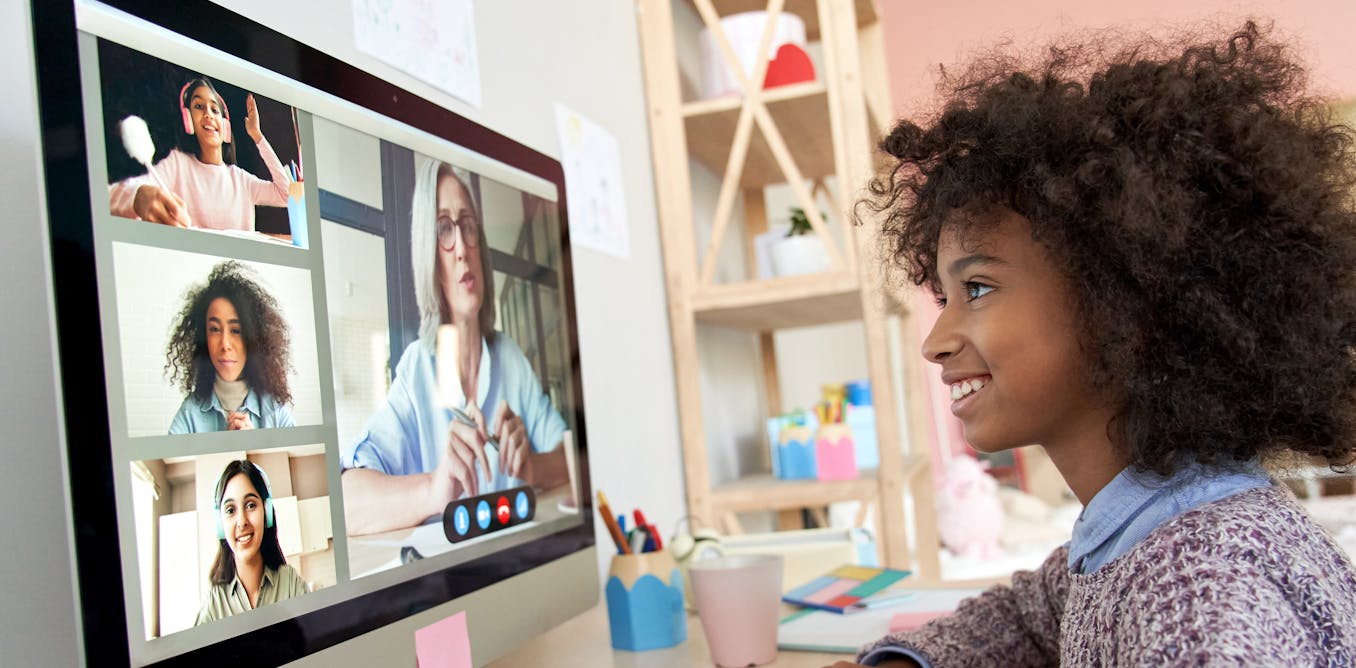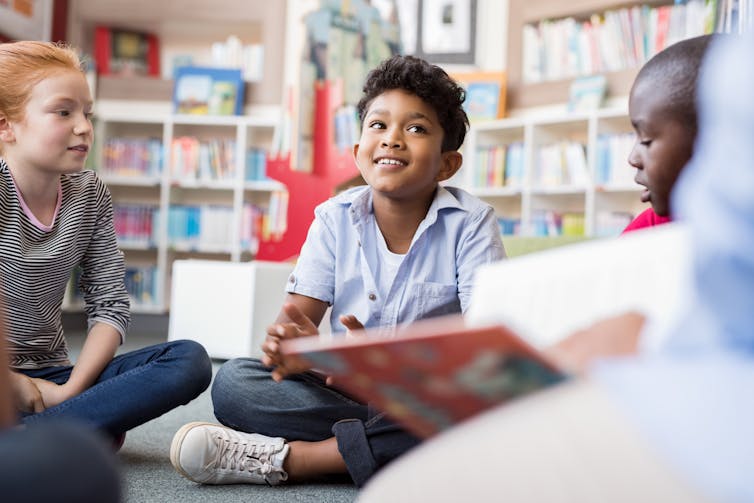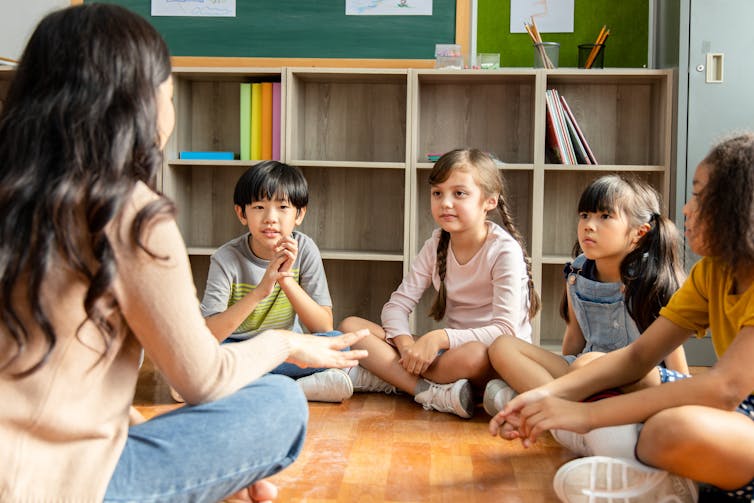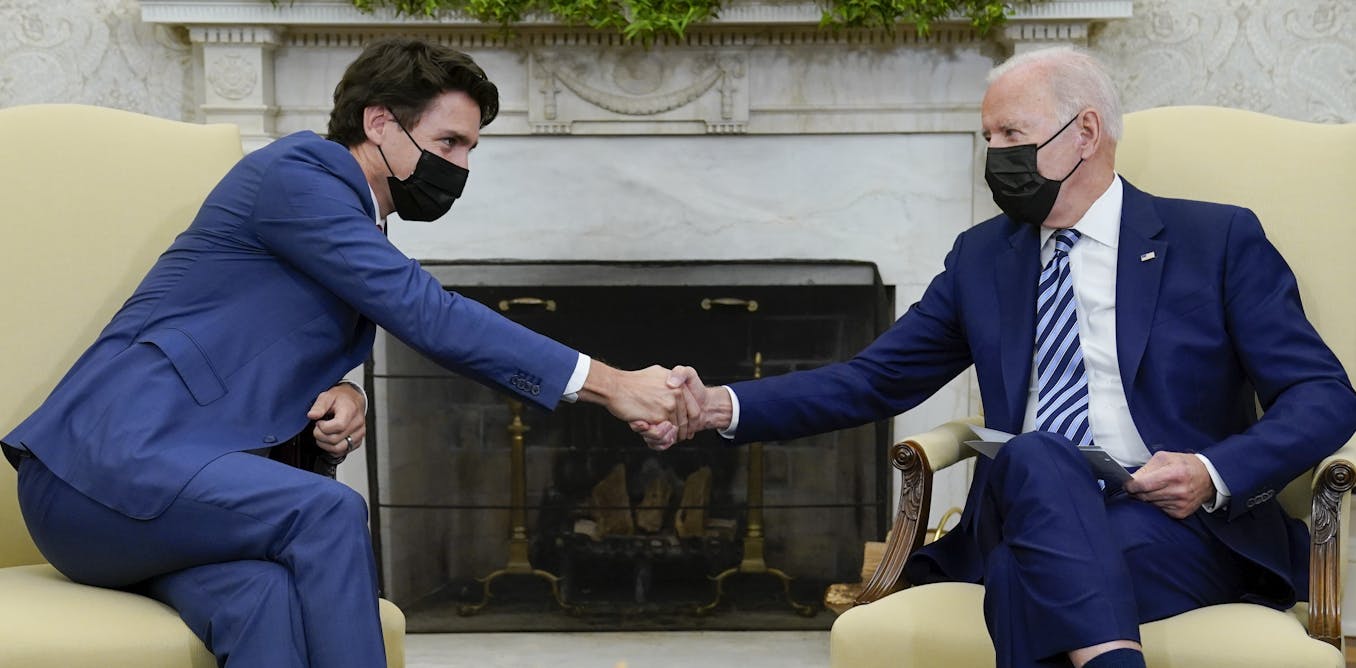Why children must be involved in research in the aftermath of COVID-19
Child-engaged research can facilitate new ways of listening to and supporting children as we move toward and through post-pandemic recovery.


The COVID-19 pandemic will continue to affect the lives of children even after transmission of the virus is contained. And yet, not much is known about the long-term mental health effects of large scale disease outbreaks, and experiences such as prolonged school closures and strict social distancing measures on children and youth.
Child-engaged research can play a critical role in recovery efforts for children and their communities in the aftermath of the COVID-19 pandemic.
When decision-makers rely on research that does not include the perspectives and experiences of children, it further disenfranchises children and youth — especially those already marginalized by systemic inequalities.
Adults need to advocate for research that prioritizes childrens’ participation in order to challenge adult misconceptions about them, address the significance of social systems in their lives and aid in their recovery post-pandemic.
Challenging adult misconceptions
While we can learn a lot about children’s experiences from the adults in their lives, research has shown that adults consistently under-report levels of distress and suffering in children exposed to disaster.
For example, in a study of childrens’ media exposure to the Sept. 11, 2001, terrorist attacks, nearly half of the children surveyed (46 per cent) reported fears of friends and family dying, while only 18 per cent of parents reported that those same children held those fears. Similarly, following Hurricane Katrina in 2005, researchers documented commonly held misconceptions that children are both naturally resilient to experiences of disaster and also primarily vulnerable and powerless.
Read more: Children's concerns and feelings are ignored in back-to-school planning
These misconceptions about the impacts of events like the COVID-19 pandemic on children, as well as their seemingly normal return to activities, such as school, can lead to the insufficient provision of social and emotional supports. Soliciting childrens’ perspectives on their own lives challenges these misconceptions.

Focusing on systems rather than resilience
Engaging children and youth in the research process allows for their direct input in identifying the supports and resources that might help them and their families. It lets us hear directly from children about the complexities of their experiences and the social systems in which they live.
Historically, research has focused on the individual resilience of children and youth as the primary determinant of their recovery following difficult events. This approach is often deficit-based, examining any struggles children face as evidence of something essential they lack.
Contemporary research on children’s recovery from disaster is shifting away from concepts of individual resilience toward community resilience, which looks at childrens’ strengths and vulnerabilities in a social context.
Child-engaged research gives us the opportunity to learn from children and youth about how social systems — like families, schools and communities — and systemic inequities impact their experiences and outcomes.
Read more: Coronavirus Q&As: Answers to 7 questions your kids may have about the pandemic
In Canada and globally, existing systemic and social inequities increase the risk of COVID-19 infection and of severe outcomes for families and communities. By asking children about their lives, researchers are better able to understand how their experiences throughout the pandemic intersect with pre-existing experiences of socio-economic marginalization.
Research as recovery
Children are often relegated to the role of spectator following a disaster like the pandemic. They are seen as having little to say about the state of their communities and how they hope recovery might unfold. However, when children have opportunities to creatively narrate their experiences, it can have a positive impact on their recovery. Children can tell us a great deal about what they need and in the process experience a greater sense of agency in their own lives.
Child-centred research conducted following the 2014 Ebola epidemic in Sierra Leone documents how children have clear views on what they and their families need and what they expect from decision-makers in the community and government.
Children living through the Ebola crisis, who at the time made up nearly half the population of Sierra Leone, identified four primary areas of concern: the impact of school closures; on-going mental health concerns; limited access to healthcare and wider economic impacts like access to food and employment.

Sometimes adults are reluctant to let children participate in research for fear of re-traumatizing them, but participating in research can actually help affected children process disaster. Emotional processing requires access to a diverse range of physical, cognitive and emotional actions that offer opportunities to make sense of difficult emotions.
Following the earthquakes that rocked Christchurch, New Zealand, in 2010 and 2011, three different arts-based projects were initiated to collect children’s earthquake stories in three different public schools. Parents reported that the children’s stories not only facilitated the child’s emotional processing, but were also catalysts for families re-telling their stories to each other, contributing to the recovery of the wider community.
Children’s self-determination
Child-engaged research asserts that children are both profoundly affected by disaster as well as active agents in their own lives. This approach considers how children’s experiences are marked by social difference, unique contexts and existing inequalities.
Childrens’ participation in research is critical following disasters like the COVID-19 pandemic, which expose them to new kinds of injustice and can further limit their right to self-determination.
The UN Convention on the Rights of the Child states that children’s social relationships and cultures are worthy of study, independent of the perspectives and concerns of adults, and that children are, and must be seen as, active in the construction and determination of their own lives and of the societies in which they live.
Child-engaged research can facilitate the exploration of new ways of listening to and supporting children as we move together toward and through post-pandemic recovery.![]()
Chloë Brushwood Rose does not work for, consult, own shares in or receive funding from any company or organisation that would benefit from this article, and has disclosed no relevant affiliations beyond their academic appointment.
What's Your Reaction?






























































































